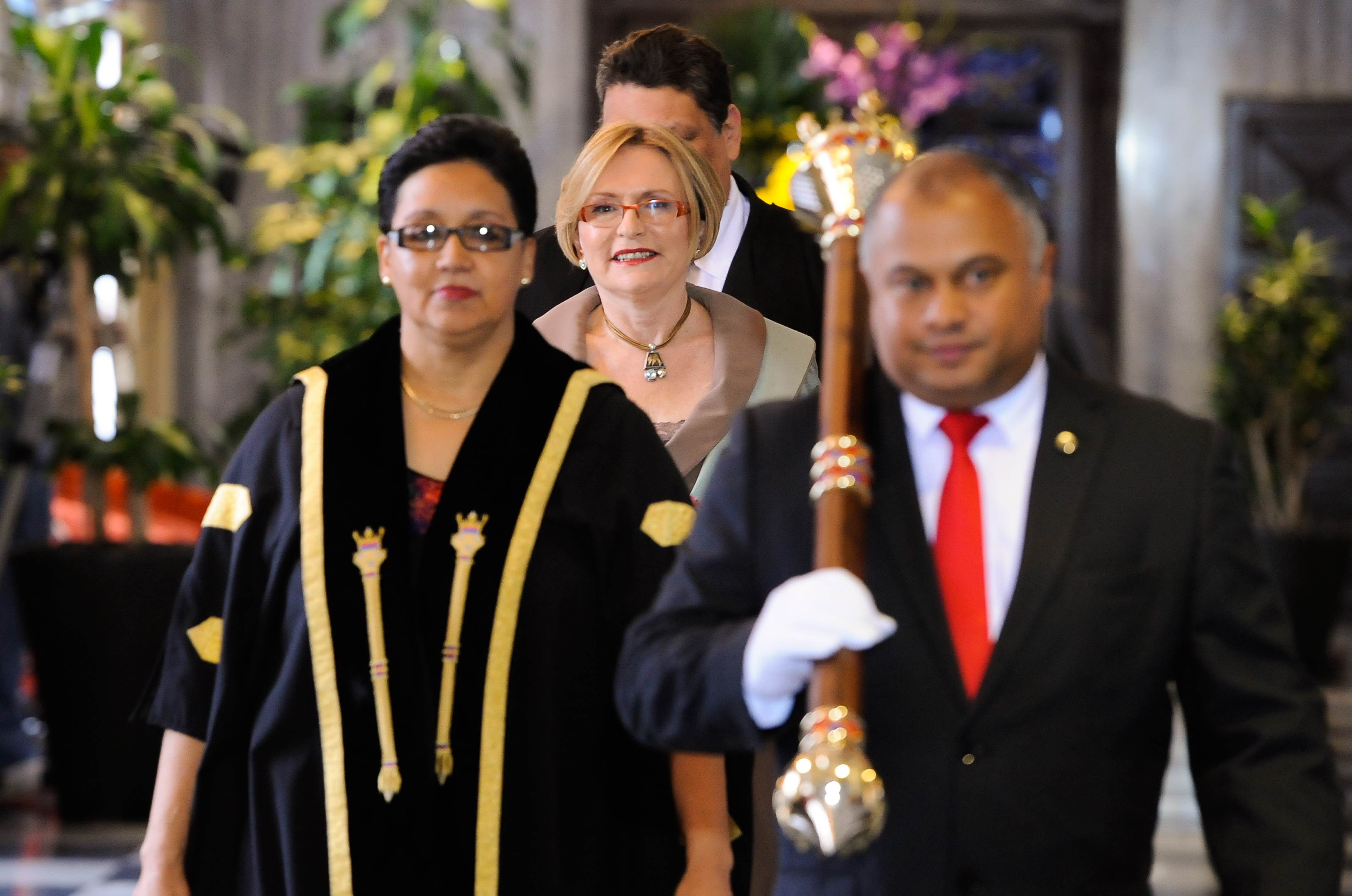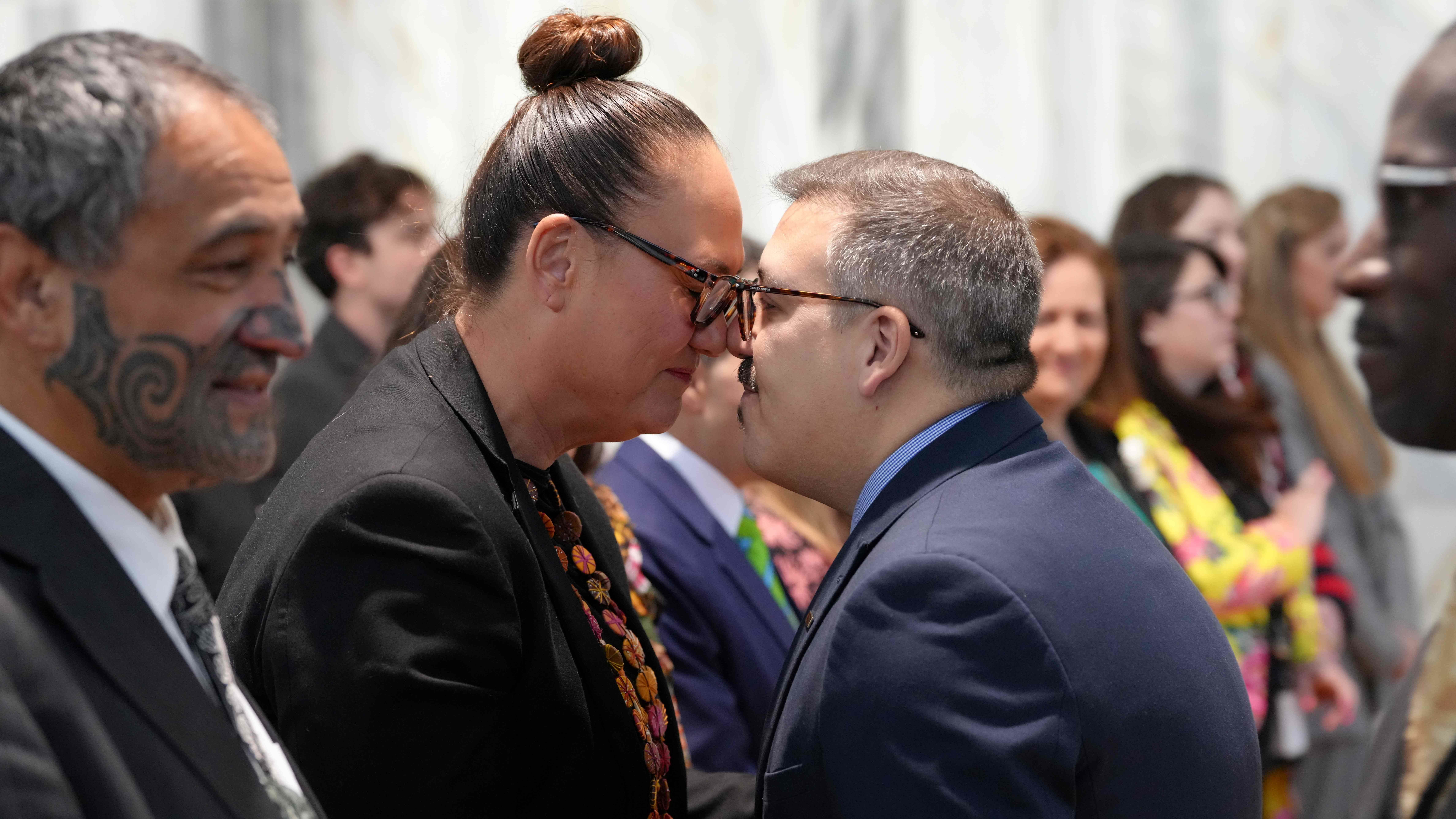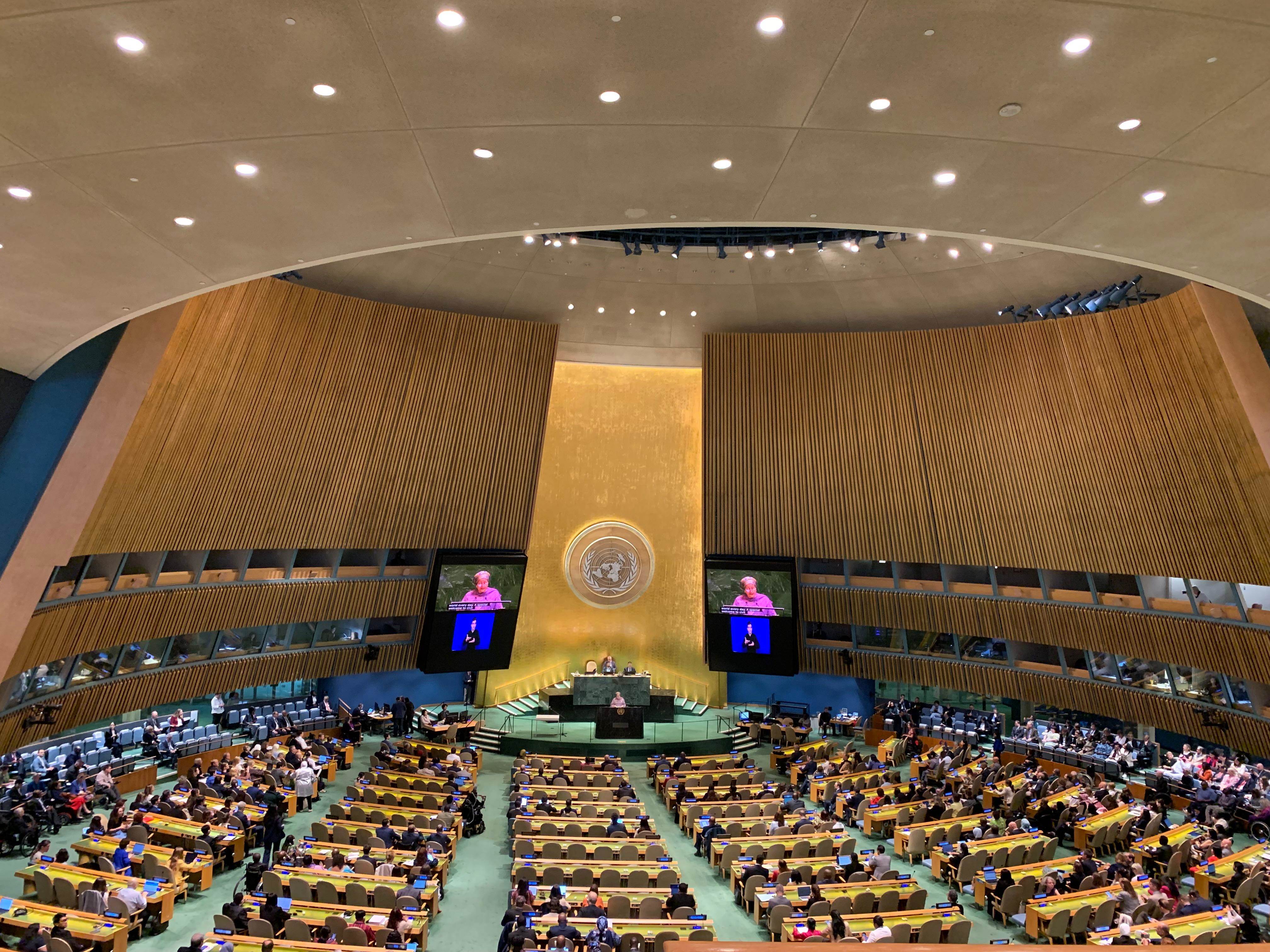
New courses on climate change and accessibility for the CPA Parliamentary Academy launched ahead of 65th Commonwealth Parliamentary Conference in Canada
The Commonwealth Parliamentary Association (CPA) has launched two new courses as part of its portfolio of parliamentary professional development courses via the CPA Parliamentary Academy.
The first new course is linked to the CPA Small Branches network and will introduce Commonwealth Parliamentarians to the critical issue of climate change, its distinct and disproportionate impacts in small jurisdictions, and how this links to the role of Parliament and individual MPs.
The second new course focuses on ‘Making Parliaments Accessible’ and links to the Commonwealth Parliamentarians with Disabilities (CPwD) network.
Both new courses are available to all Members of Parliament and parliamentary staff across the CPA’s membership of 180 Commonwealth Parliaments and Legislatures as part of the CPA Parliamentary Academy, which brings together a new online learning portal for Members of Parliament, Clerks and parliamentary staff to access online training and professional development with easy-to-use, video and online resources.
Watch: A preview of the lesson on climate science by the Islands and Small States Institute at the University of Malta. This lesson forms part of the 'Parliamentary Action on Climate Change in Small Jurisdictions' online course on the CPA Parliamentary Academy.
The CPA Parliamentary Academy also features two residency-based workshops on advanced parliamentary development for Commonwealth Parliamentarians that complement the online courses. The next Residency programme is being held in Cape Town, South Africa in October 2022 and nominations are now open. The CPA Parliamentary Academy also provides access to externally delivered courses with the CPA’s partners in leading international universities and professional development training institutions.
The CPA Parliamentary Academy was developed with contributions from over 70 experienced Parliamentarians, Clerks and external experts from across the Commonwealth who provide their insight and advice on a wide range of subjects from gender-sensitive budgeting to codes of conduct.
The existing CPA Parliamentary Academy courses were recently accredited by CPD who stated that the Academy provides “a well-structured, well-prepared, attractively presented training that should deliver its stated learning objectives and has CPD value.”
To register for the CPA Parliamentary Academy please click here.
-ENDS-
Further information about the 65th Commonwealth Parliamentary Conference (CPC) can be found at the official conference website www.65cpc.ca and also at the 65th CPC Hub.
The Commonwealth Parliamentary Association connects, develops, promotes and supports Parliamentarians and their staff to identify benchmarks of good governance and the implementation of the enduring values of the Commonwealth. The CPA is an international community of around 180 Commonwealth Parliaments and Legislatures working together to deepen the Commonwealth’s commitment to the highest standards of democratic governance.
For media enquiries, please contact communications@cpahq.org.



